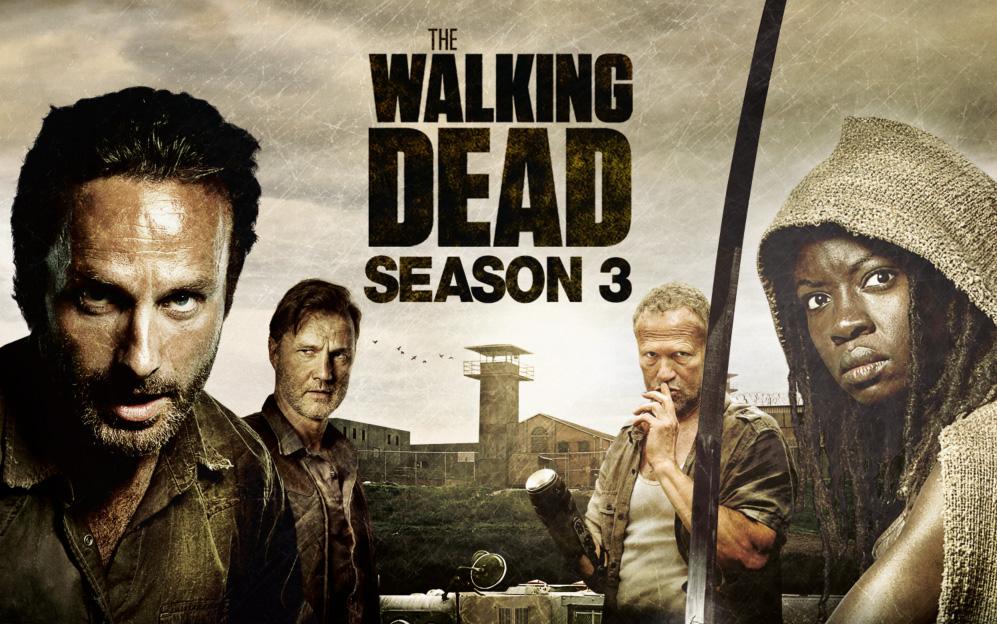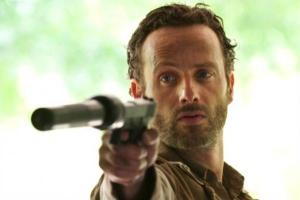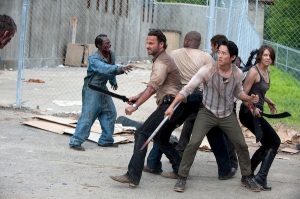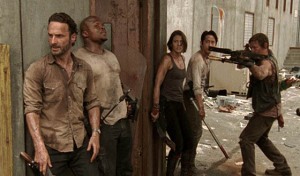 Happy Thanksgiving/Columbus Day long weekend everybody! Yes, it may be Tuesday, but thanks to a failed rideshare, my terrific weekend in Montreal has seen itself extended by a day. As I write this, with recirculated Megabus air blowing in my face, weary from running around town looking for 11th hour transportation home, hands raw from totting a leather-handled, broken-zippered duffle bag for hours on end, two thoughts have been running through my mind:
Happy Thanksgiving/Columbus Day long weekend everybody! Yes, it may be Tuesday, but thanks to a failed rideshare, my terrific weekend in Montreal has seen itself extended by a day. As I write this, with recirculated Megabus air blowing in my face, weary from running around town looking for 11th hour transportation home, hands raw from totting a leather-handled, broken-zippered duffle bag for hours on end, two thoughts have been running through my mind:
1) Now’s as good a time as any to do a little blog update.
2) If you ever get a rideshare from Montreal to Toronto driven by a guy named Adam in a silver van, punch him square in the mouth, and tell him Sam and his roommate say hello.
The Grandmaster: I actually forgot to mention this one during my last post, so this review is a little overripe and out of date. Seeing as this was my first Wong Kar-Wai film, I was more than a little out of my element. Considering how butchered the North American cut is rumored to have gotten in coming over from China, I’m willing to call this one a mulligan.
Machete Kills: At least I had done my homework for this one, although I suppose one needn’t really watch the original Machete at all before seeing the sequel. I caught an advance screening of Machete Kills well before some of the more vitriolic reviews for this one published, so I’m wondering if perhaps I should have been more incensed by it. Honestly, this one played almost identically to the original for me: as I stared at all the mayhem and aggressive attempts at titillation, I felt like Superman having bullets comically pinging off him like bouncy balls, not so much unamused as completely unfazed. Machete Exists might have been a more accurate title.
Captain Phillips: The completely opposite of that reaction came from seeing Captain Phillips, which, holy shit, is just about the most exhausting film experience I’ve ever had. If Gravity inspires the mind-expanding rush of a heroine high, Captain Phillips is the long, strung-out withdrawal. This was something of a challenge to review because it’s a movie I recommend to people specifically for how effectively it punishes them. Granted, different viewers will find enjoyment in different types of prodding from a film: I really loved the excessive tension of Phillips and constant cringing the new Evil Dead remake inspired. All the same, it may take more than just insanely effusive word-of-mouth to get me to see 12 Years a Slave anytime soon; I can barely get through reading some of the reviews without wanting to curl up in a ball and not awaken until after Oscar-season.
Under the Dome: And segueing off those bad vibes, here’s a link to the last few reviews of Under the Dome I left out of the last post, due to there being bigger TIFF fish to fry. Also: who gives a shit about Under the Dome? Well, apparently at least 10 million viewers every week did, which is why I wound up covering it through its 13-episode first season. I’ve only been in the TV recapping game for a year now, but this show already feels a bit like it was meant to be my Waterloo. I’ve covered middling shows that eventually grew on me, shows I love and wanted to talk about, and shows I love but didn’t think I could talk about without sounding like an idiot. This was my first truly bad show though, and while there was some fun to be had in riding my initial, accurately reserved optimism into the dross that followed, covering this week to week became something of a chore.
Rereading my finale write-up, I honestly regret entire portions of it, simply because it’s everything I didn’t want my reviews to devolve into: a game of bitter point scoring where the objective was to shame everyone involved in the project for having the temerity to not be good. It’s perfectly fine to express your displeasure with a program, and I still get tons of enjoyment out of watching crappy shows, and ripping on them with my friends (how we’ve missed you for that, The Walking Dead), but committing yourself to then writing about something you don’t legitimately like in a professional context requires something else entirely (ie: money).
The reason anyone starts a blog like this is because they love something, not because they hate it. There’s already way too much snarky negativity on the internet, and while there’s room for that in your relationship with what you watch, when it’s the only thing you have to offer the rest of the world, you might as well just keep it to yourself. I’ll be reviewing the Blu-Ray boxset later this month (Why? Well A), I’m getting it for free, and B) IT COMES IN A MINI-DOME!!!!), but I’ll be taking a step back from weekly TV reviews for at least a little while, and coming to it later with a more selective approach. There’s absolutely room for coverage of television that comes down to just slagging on it week after week, but if I’m not being paid to do so, I’d rather be propping something up with my free time, instead of kicking it while it’s down.
Before Midnight: And just to end things on a much more positive note, here’s a little bite-sized review for this film, which I wrote months back, but failed to publish for a deadline. I really loved it, and think you might too.
“18 years after first letting us eavesdrop on a fateful meeting between two strangers, director Richard Linklater is still treating his magnum opus as one big excuse to break the most important rule in filmmaking: show don't tell. Before Midnight, the third in an audacious, globetrotting series of old school two-handers, is all talk, all the time. But as with Before Sunrise and Before Sunset before it, “Midnight's” talk is the kind of charming, romantic, wistful, and brutally honest conversation that turns a seemingly insufferable premise into something special. That all the talk is set against a gorgeous Greek backdrop, and spoken by leads that have only gotten better with each film, is just icing on the cake.
Nine years into what others would call a successful relationship, Celene and Jesse have grown to be strangers to the people they once were, as well as one another. Worn down by the inertial weight of parenthood, work, and commitment, a night away from the kids filled with long takes of long talks reignites the playful thrill of discovery that comes from two people sharing themselves openly and completely, even if just for a night. But as the evening progresses, a flood of relationship detritus, the kind that builds and festers the longer you know someone, threatens to overwhelm all. Ethan Hawke and Julie Delpy leave nothing off the camera, as the years’ worth of stray looks, offhand comments, and things left unsaid between Jesse and Celeste provide all the ammo needed to rewrite the entire story of the "Before" saga.
The films have made for a subversive and self-aware rebuke to institutionalized images of Hollywood romance, yet their intoxicating brio has changed with age, becoming equal parts bitter and bittersweet. Before Midnight is too experienced for the youthful optimism of Sunrise and too tired to try and be as sexy as Sunset, but makes for a natural, and heart-wrenching continuation of Linklater's experimental look at what it means to love another person for the long haul. Ending once more on a moment of intimate ambiguity, it seems the only certainty for the future of Celene and Jesse is that they will have one, shared or otherwise. It's just a shame we'll have to wait until 2022 to find out what that future holds.”









